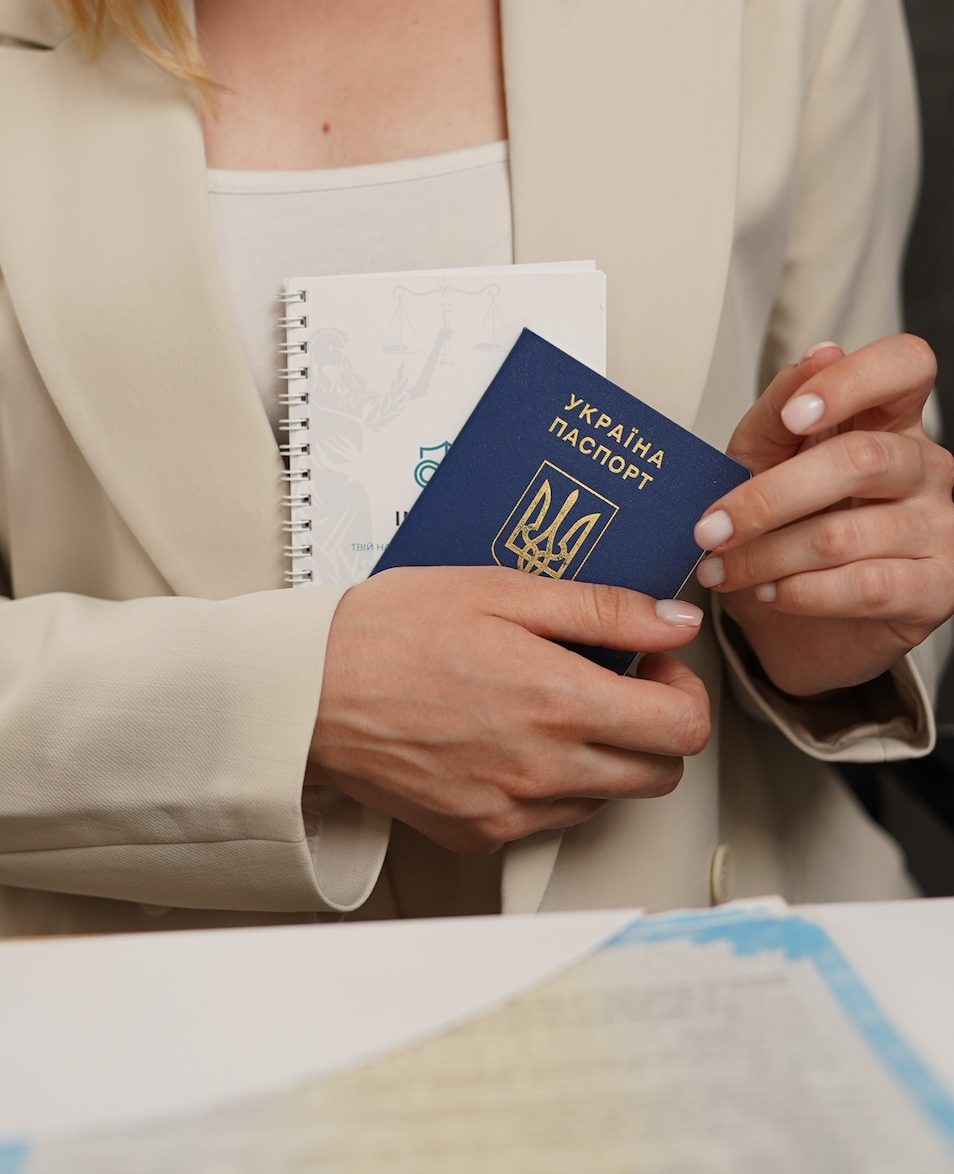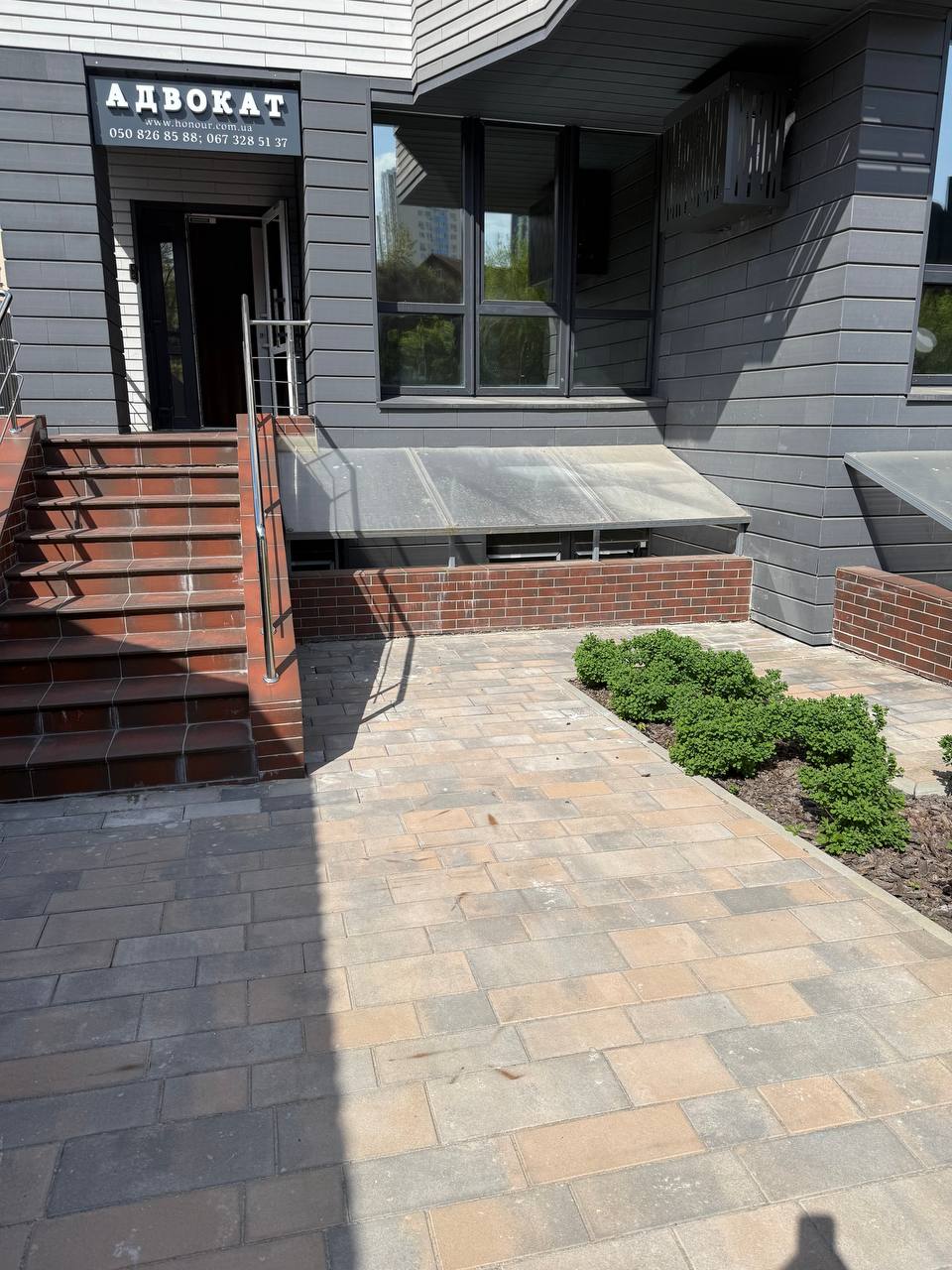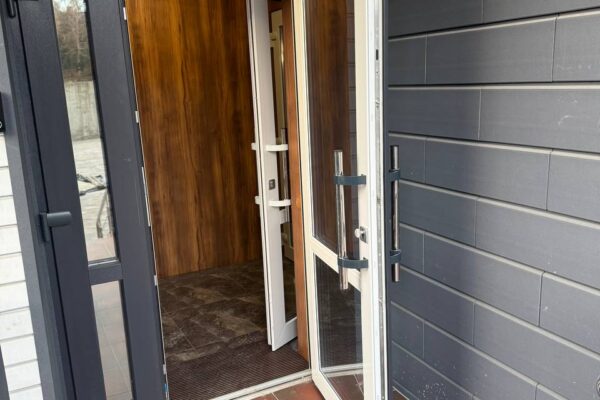Protection of the rights, freedoms and legitimate interests of a suspect, accused, defendant, convicted, acquitted person, a person in respect of whom the application of compulsory medical or educational measures is envisaged or the issue of their application is being resolved in criminal proceedings, as well as a person who is held administratively liable during the consideration of a case of an administrative offense.
Fundamental rights and freedoms primarily include: right to protection. This right guarantees the opportunity to defend one's interests by any lawful means, including the right to assistance from a lawyer. The protection of the rights and freedoms of a suspect, accused, defendant, convicted, acquitted, as well as any person involved in criminal proceedings is a fundamental principle of a state governed by the rule of law.
Features of the protection of rights at different stages of the criminal process:
- Suspect: has the right to immediate notification of his/her rights, to the assistance of a lawyer from the moment of detention, and to give testimony in the presence of a lawyer.
- Accused: has the right to familiarize himself with the materials of the accusation, to present evidence, and to participate in court hearings.
- Defendant: has the right to defense in court, to participate in the parties' debates, and to have the last word.
- Condemned: has the right to preserve the rights and freedoms of man and citizen, except for restrictions established by a court verdict.
- Justified: has the right to rehabilitation and compensation for damage caused by illegal criminal prosecution.
A lawyer in criminal proceedings plays a key role in protecting the rights, freedoms and legitimate interests of a suspect, accused, defendant, convicted, acquitted, or a person against whom compulsory medical or educational measures are intended. His main task is to ensure compliance with the law at all stages of the criminal process and achieve the most favorable outcome for his client.
The main aspects of the work of a criminal law lawyer:
Defense at the preliminary investigation stage:
- Consultations: The lawyer explains to the suspect his rights, explains the essence of the charges and the possible consequences.
- Participation in investigative actions: A lawyer must be present during interrogations, searches, face-to-face interviews, and other investigative actions, ensuring that his client's rights are respected.
- Evidence collection: The lawyer collects evidence that refutes the charges or mitigates the sentence, requests necessary documents, and conducts independent investigations.
- Appealing illegal actions: The lawyer challenges the illegal actions of the investigator or other participant in the process, for example, such as unjustified detention, arrest, or search.
Defense in court:
- Developing a protection strategy: The lawyer develops a defense strategy based on the case materials and the client's position.
- Representation of interests in court: A lawyer represents the client's interests in court, participates in court hearings, files motions, presents evidence, and asks questions of witnesses.
- Defense speech: The lawyer delivers a defense speech in which he or she states his or her position in the case and asks the court to acquit or impose a minimum sentence.
- Appealing the verdict: If a guilty verdict is issued, the lawyer will appeal it to higher courts.
Protection of the rights of the convicted person:
- Visiting places of detention: A lawyer visits the convict in places of imprisonment, provides him with legal assistance and monitors compliance with his rights.
- Appealing the actions of the administration: The lawyer will challenge illegal actions of the prison administration, such as unjustified placement in a penal colony or denial of parole.
- Representation of interests in commissions: A lawyer represents the interests of a convict in parole commissions and other bodies.
In addition, the lawyer protects the rights of the acquitted person in criminal proceedings. This is a set of measures aimed at restoring the rights and legitimate interests of a person who was unreasonably brought to criminal responsibility and who was acquitted. The lawyer helps the acquitted person in the rehabilitation process, which includes the restoration of his property and non-property rights, compensation for damage caused by illegal criminal prosecution, reinstatement in his former position, expungement of his criminal record, etc.
It is important to remember that timely contact with a lawyer in criminal and administrative proceedings can significantly affect the outcome of the case and protect your rights and freedoms.











